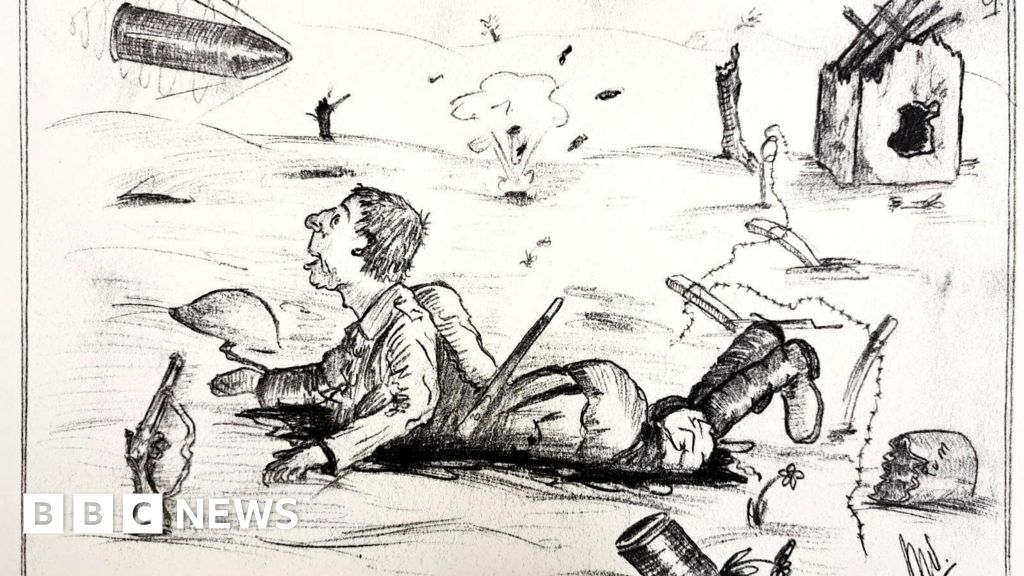He was influenced by British-Ghanaian rapper Fuse ODG, who himself had refused to take part a decade ago.
“The world has changed but Band Aid hasn’t,” he told the ’s Focus on Africa podcast this week.
“It’s saying there’s no peace and joy in Africa this Christmas. It’s still saying there’s death in every tear,” he said referring to the lyrics of the 2014 version.
“I go to Ghana every Christmas… every December so we know there’s peace and joy in Africa this Christmas, we know there isn’t death in every tear.”
Fuse ODG does not deny that there are problems to be resolved but “Band Aid takes one issue from one country and paints the whole continent with it”.
The way that Africans were portrayed in this and other fundraising efforts had had a direct effect on him, he said.
When growing up “it was not cool to be African in the UK… [because of] the way that I looked, people were making fun of me”, the singer said.
Research into the impact of charity fundraisers by British-Nigerian King’s College lecturer Edward Ademolu backs this up.
He himself remembers the short films shot in Africa by Comic Relief, which had been influenced by Band Aid, and that his “African peers at [a British] primary school would passionately deny their African roots, calling all Africans – with great certainty – smelly, unintelligent and equated them to wild animals”.
Images of dangerously thin Africans became common currency in efforts to elicit funds.
The cover for the original Band Aid single, designed by pop artist Sir Peter Blake, features colourful Christmas scenes contrasted with two gaunt Ethiopian children, in black and white, each eating what looks like a life-saving biscuit.
For part of the poster for the Live Aid concert the following year, Sir Peter used a photograph of the back of an anonymous, naked, skeletal child.
That image was used again in the art work for the 2004 release and it has appeared once more this year.
For many working in the aid sector, as well as academics who study it, there is shock and surprise that the song and its imagery keep coming back.
The umbrella body Bond, which works with more than 300 charities including Christian Aid, Save the Children and Oxfam, has been very critical of the release of the new mix.
“Initiatives like Band Aid 40 perpetuate outdated narratives, reinforce racism and colonial attitudes that strip people of their dignity and agency,” Lena Bheeroo, Bond’s head of anti-racism and equity, said in a statement, external.
Geldof had previously dismissed the idea that Band Aid’s work was relying on “colonial tropes”.
The way that charities raise funds has undergone big changes in recent years.







